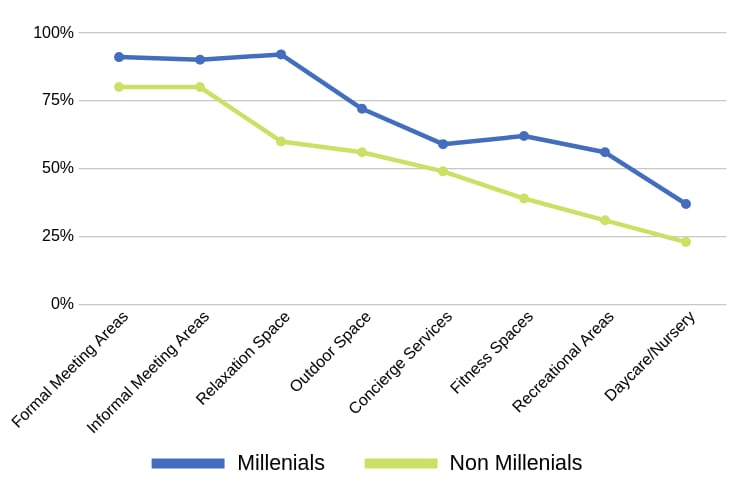Millennials have taken over the U.S. workforce, with 62% of this generation already in managerial roles as of March 2020.
Despite the sheer number of Millennials that play a part in today’s economy, the transfer of power hasn’t been so simple. For many Gen Xers and Boomers, the thought of relinquishing control or adopting new skills to remain relevant has been difficult.
However, this shift is a necessity as the world progresses to be a place that is both technologically driven and human-centric. Millennials are the first digital natives, having grown up during the emergence of the Internet that allowed them to master the skills of this technology.
By doing so, Millennials were able to identify methods that worked smarter and more efficient, rather than the long hours ingrained into the work culture of Gen Xers and Boomers.
Now, as the pandemic has permanently altered the way businesses operate and further accelerated technology adoption, older generations are finding themselves unable to keep up with many changes.
In fact, the number of retirees 55 and older grew from 48.1% to 50.3% between the third quarter of 2019 and 2021.
Despite being given the stereotype of lazy, Millennials have proven they have the tools to bring forward a more flexible, competitive, and even flattened workforce.
Companies’ hierarchies have historically been pyramid-shaped, but the emergence of Millennials in the workplace has flattened organizations, allowing workers to perform on a level playing field.
Additionally, the emphasis on a healthier work culture has also changed leadership styles. Inclusivity, diversity, and wellness have become fundamental to a healthy workplace, and without it, companies increase their risk of employee turnover.
Still, no generation has all the answers. In order to ensure a peaceful transfer of power, being inclusive to workers of all ages will be critical as generations young and old can provide valuable contributions.

 Dr. Gleb Tsipursky – The Office Whisperer
Dr. Gleb Tsipursky – The Office Whisperer Cat Johnson – Coworking Marketing Maven
Cat Johnson – Coworking Marketing Maven Angela Howard – Culture Expert
Angela Howard – Culture Expert Drew Jones – Design & Innovation
Drew Jones – Design & Innovation Andrea Pirrotti-Dranchak – Competitive Advantage
Andrea Pirrotti-Dranchak – Competitive Advantage Jonathan Price – CRE & Flex Expert
Jonathan Price – CRE & Flex Expert Jeremy Fennema – Tech Innovation Alchemist
Jeremy Fennema – Tech Innovation Alchemist







